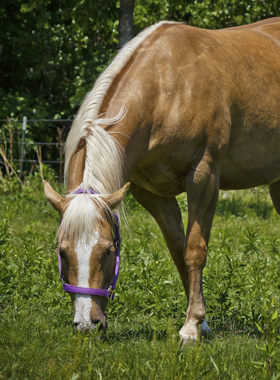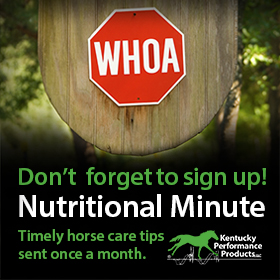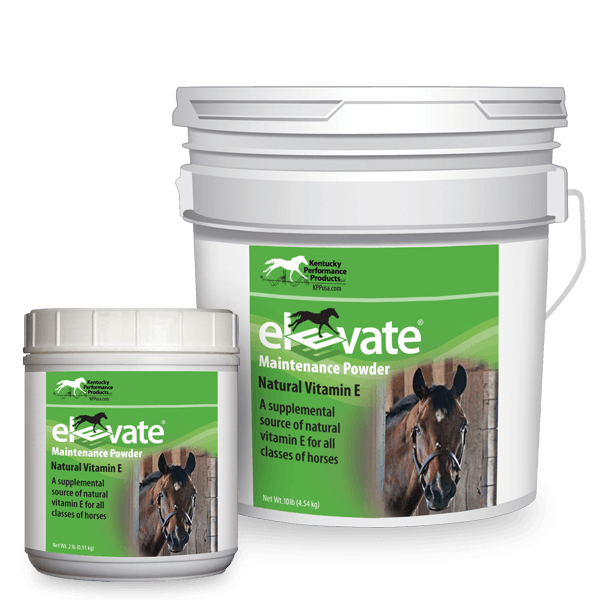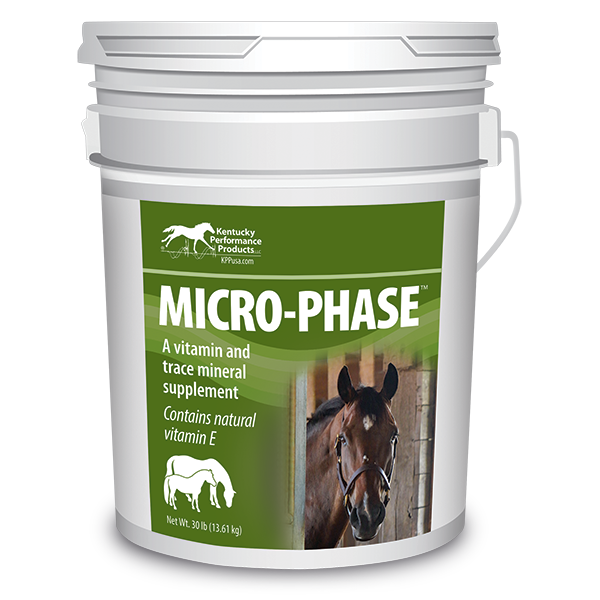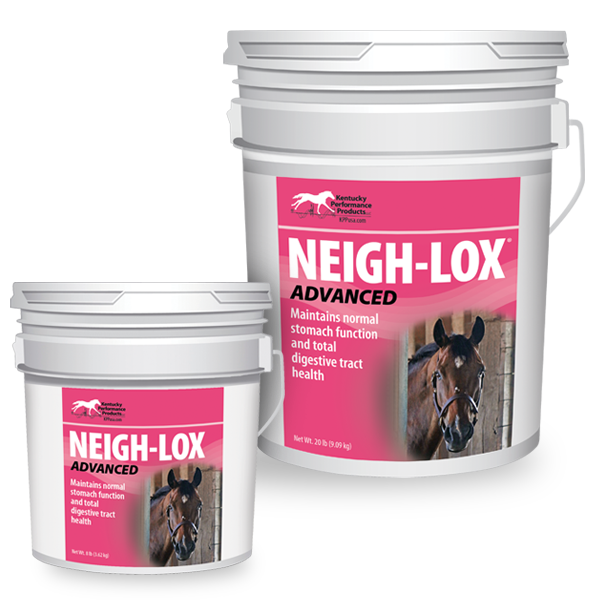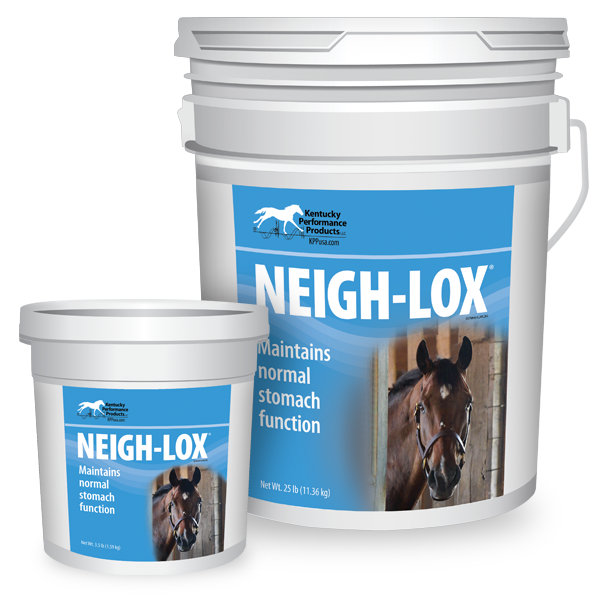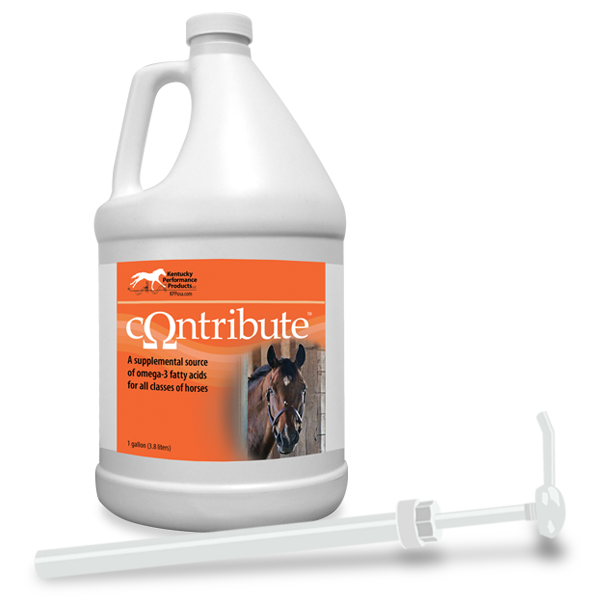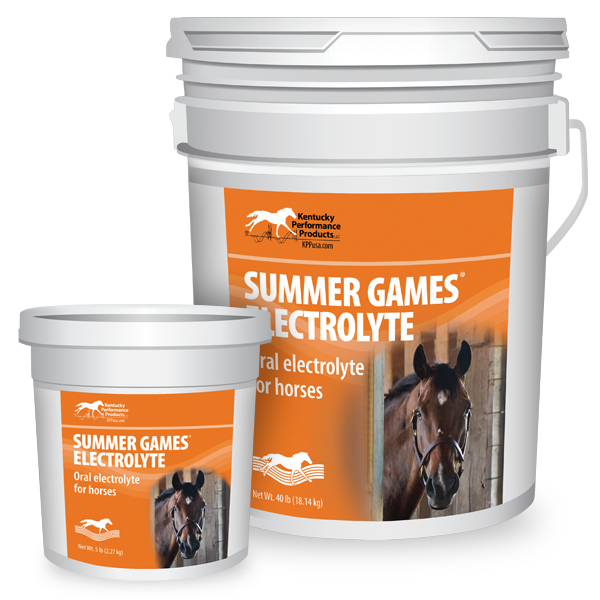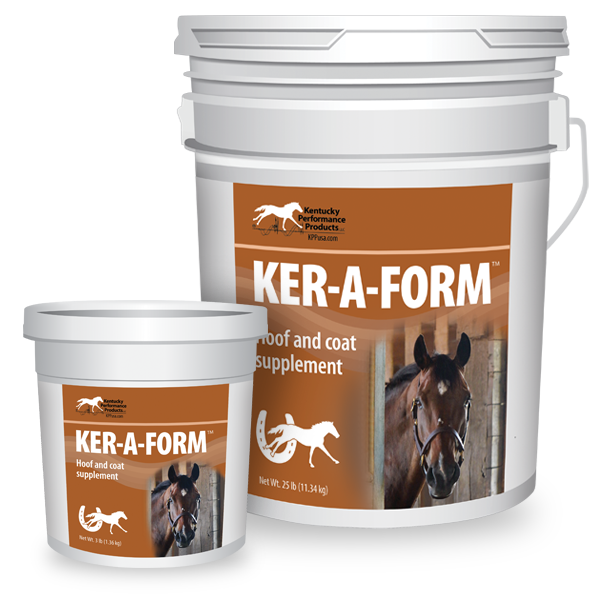Managing the easy keeper is anything but easy
Generally when owners feed easy keepers they are overfeeding calories—or underfeeding nutrients. If your horse has such a low metabolism that he can easily subsist on forage alone, then his complete nutrient requirements are not being met; only his energy requirements are fulfilled. On the other hand, if you feed your easy keeper adequate forage plus 5 lb per day of a commercial grain mix in order to meet his vitamin and mineral requirements, then he is likely receiving excessive calories for his metabolism and/or workload. The horse that can meet his or her energy requirements from forage alone should have vitamin and mineral requirements met using a concentrated vitamin and mineral supplement that does not contribute calories to the diet.
Keep in mind that exercise can do wonders for these horses. A little bit of exercise in an easy keeper can go a long way to increasing his metabolic rate. And never starve your easy keeper, as it only serves to slow metabolism more. Extended fasting can lead to a dire ailment known as fatty liver disease. Remember, forage can meet an easy keeper’s energy requirements and a concentrated vitamin/mineral supplement can meet his body’s nutrient requirements.
Important Nutrients:
Natural vitamin E
The best source of natural vitamin E is fresh green grass. Most easy keepers are confined in dry lots or stalls to limit their pasture/calorie intake. Often they are fed hay alone. Natural E diminishes quickly in hay and so must be supplemented for horses not consuming significant quantities of green grass. Supplementing your easy keeper’s diet with natural vitamin E can ensure he’s still receiving this critical vitamin found normally in fresh green grass. Further, if your easy keeper is overweight or obese, then he likely has higher than normal levels of circulating cortisol, a stress-related hormone. This hormone can wreak havoc in your overweight horse, compromising the immune system and overall health. Natural vitamin E can aid in combating the negative effects of high cortisol levels.
Vitamins and minerals
Easy keepers often consume adequate energy but generally receive inadequate micronutrients and vitamins. If your horse consumes only forage to meet his caloric requirement, then he will need a concentrated vitamin/mineral supplement that is properly balanced and fortified with highly bioavailable nutrients to meet daily nutrient requirements.
Digestive tract support
Yeasts, fermentation metabolites, gastric buffers, and gastric coating agents all help maintain a healthy digestive tract in horses that are on restricted diets, especially if an individual horse cannot tolerate free-choice hay without getting fat. A healthy digestive tract is essential for full utilization of the restricted amounts of forages and supplements found in the easy keeper’s diet. Maintaining a healthy GI tract reduces the risk of digestive upsets that lead to bigger problems such as diarrhea, colic, laminitis and ulcers.
Omega-3 fatty acids
Horses evolved to exist on a diet of grasses that contained both omega-3 and omega-6 fatty acids. Both of these fatty acids are necessary, but the ratio of one to the other is critical. Grass contains high levels of anti-inflammatory omega-3 fatty acids and low levels of pro-inflammatory omega-6 fatty acids; this is a healthy ratio for your horse. The omega-3 fatty acids EPA and DHA (found in marine sources of omega fatty acids) are nutrients that aid in decreasing inflammation. Easy keepers are often fed restricted diets that may be deficient in omgea-3 fatty acids. Including an omega-3 supplement that contains both plant and marine sources of omega fatty acids is recommended, especially in easy keepers who have had issues with laminitis or other systemic diseases.

